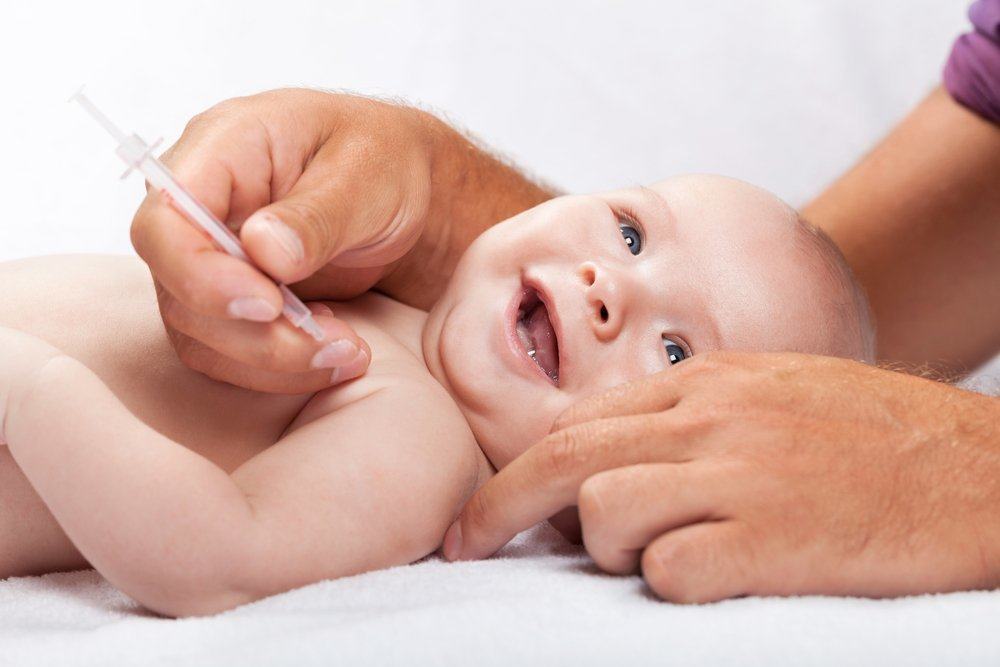Research Indicates That Babies Born With HIV Should Start Antiretrovirals Immediately
Source: Thailand Medical News Nov 30, 2019 5 years, 4 months, 3 weeks, 5 days, 20 hours, 11 minutes ago
For
babies are born with
HIV, starting treatment within hours to days is critical and important according to a new study led by researchers from Harvard. Unfortunately the norm in many countries is to wait for weeks or even months.

The study findings, from a small but unique study in Botswana, could influence care in Africa and other regions hit hard by the virus. They also might offer a clue in scientists' quest for a cure.
The research team found super early treatment limits how
HIV takes root in a newborn's body, shrinking the "reservoir" of virus that hides out, ready to rebound if those youngsters ever stop their medications.
Dr. Daniel Kuritzkes of Boston's Brigham and Women's Hospital, who co-authored the study told
Thailand Medical News," We don't think the current intervention is itself curative, but it sets the stage" for future attempts.”
Prescribing pregnant women a cocktail of anti-
HIV drugs can prevent them from spreading the virus to their unborn children, a step that has dramatically reduced the number of
babies born with the virus worldwide. Still, some 300 to 500 infants are estimated to be infected every day in sub-Saharan Africa.
Physicians have long known that treating
babies in the first weeks to months of life is important, because their developing immune systems are especially vulnerable to
HIV. But an infant dubbed the "Mississippi baby" raised a critical question:
Should treatment start even earlier? The girl received a three-drug combination within 30 hours of her birth in July 2010, highly unusual for the time. Her family quit treatment when she was a toddler yet her
HIV remained in remission for a remarkable 27 months before she relapsed and restarted therapy.
The study was one of several funded by the U.S. National Institutes of Health after doctors learned of the Mississippi baby, to further explore very early treatment.
The research findings are encouraging, said Dr. Deborah Persaud, a pediatric
HIV specialist at Johns Hopkins University who wasn't involved with the Botswana study but helped evaluate the Mississippi baby.
Dr. Persaud " said, “The study showed what we hypothesized happened in the Mississippi baby, that very early treatment really prevents establishment of these long-lived reservoir cells that currently are the barrier to
HIV eradication. Very early treatment is important, but prevention should still be our top priority."
In the study, researchers tested at-risk newborns, enrolling 40 born with
HIV, treating them within hours to a few days, and tracking them for two years. They reported results from the first 10 patients, comparing them with 10 infants getting regular care, treatment beginning when they were a few months old.
Antiretrovirals brought
HIV under control in both groups.
But the children treated earliest had a much smaller reservoir of
HIV in their blood, starting about six months into treatment, the researchers reported in
Science Translational Medicine.
The findings showed that the earliest-treated children also got another benefit: more normal functioning of some key parts of the immune system.
One major query: Did the
HIV reservoir shrink enough to make a long-term difference? To find out, next year the researchers will give these children experimental antibodies designed to help keep
HIV in check, and test how they fare with a temporary stop to their anti-
HIV drugs.
In most developed countries like U.S., Europe and South Africa, it's becoming common to test at-risk infants at birth. But in most lower-income countries,
babies aren't tested until they're 4 to 6 weeks old, said study co-author Dr. Roger Shapiro, a Harvard infectious disease specialist.
Reference : P. Garcia-Broncano el al., "Early antiretroviral therapy in neonates with HIV-1 infection restricts viral reservoir size and induces a distinct innate immune profile," Science Translational Medicine (2019). stm.sciencemag.org/lookup/doi/ … scitranslmed.aax7350
